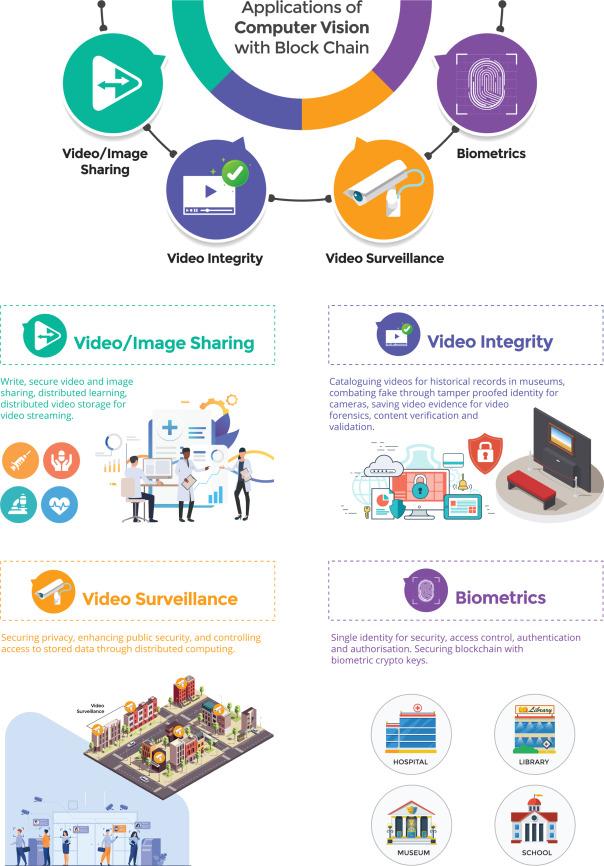Blockchain technology: How Blockchain is Securing Academic Records for a Safer Future
In the digital age, education systems face mounting challenges related to storing, verifying, and securing academic records. Enter blockchain technology: an innovation that’s redefining how educational institutions handle sensitive data. In this article, we’ll explore how blockchain is securing academic records, what benefits it brings, and why it’s paving the way for a safer, more trustworthy future in education.
What is Blockchain Technology?
At its core, blockchain technology is a decentralized digital ledger that records facts in a secure, obvious, and immutable manner. Each block contains data, a unique hash, and a link to the previous block, creating a chain of information that is practically impossible to alter without consensus from the network. Initially designed for cryptocurrencies like Bitcoin, blockchain is now being leveraged across industries — including education.
Why Secure Academic Records Matter
Academic records—diplomas, transcripts, certificates—are critical for students’ future opportunities and institutional credibility. However, traditional record-keeping is vulnerable to various risks:
- Fraud and Forgery: Fake degrees and tampered transcripts are alarmingly common.
- loss or Damage: Paper records can be lost, destroyed, or misfiled.
- Inefficiency: Verifying credentials is often time-consuming and costly for employers and educational institutions.
- Data Breaches: Centralized databases are susceptible to hacking or unauthorized access.
These challenges make a compelling case for a more secure and efficient system for academic record management — and blockchain offers just that.
How Blockchain Secures academic Records
Here’s how blockchain technology secures academic records for a safer, tamper-proof future:
- Immutability: Once academic data (like a diploma or transcript) is added to the blockchain, it cannot be altered or deleted. This feature guarantees authenticity.
- Decentralization: Records are distributed across multiple nodes,reducing the risk of a single point of failure or data breach.
- Transparency & Traceability: Every academic credential issued on the blockchain can be easily traced and verified by employers, associations, or other institutions.
- Student Ownership: Blockchain systems often allow students to own and share their academic achievements via digital wallets, giving them control over who views their information.
- Efficiency: Verification processes are automated and instant, cutting out lengthy paperwork and administrative overhead.
Key Benefits of Blockchain-Based Academic Records
Adopting blockchain for academic credentials brings notable advantages:
- Fraud Prevention: Immutable blockchain ledgers make it nearly impossible to forge academic records.
- Instant Verification: Employers, accrediting bodies, and students can quickly and securely verify educational credentials from anywhere in the world.
- Global Accessibility: Digital records can be accessed and shared across borders without delays or loss in translation.
- Long-Term storage: Digital credentials on the blockchain last indefinitely, eliminating concerns of losing vital papers.
- Privacy Control: Students control who can access their data, in accordance with privacy regulations like GDPR.
Case Studies: blockchain in Education
Several educational institutions worldwide are already leveraging blockchain for academic records:
1. MIT’s Digital diplomas
The Massachusetts Institute of Technology (MIT) began issuing blockchain-based digital diplomas through the Blockcerts platform as early as 2017. Graduates receive a digital credential, verifiable by anyone globally, that’s tamper-proof and instantly accessible.
2. University of Nicosia
The university of nicosia in Cyprus was a pioneer in issuing academic certificates on the Bitcoin blockchain. They even offer blockchain-related courses,ensuring both their records and curriculum are future-proof.
3. Sony Global Education
Sony partnered with IBM to develop a blockchain-based educational platform that manages student records efficiently while ensuring security and privacy.
First-Hand Experience: Voices from the Field
Let’s hear from students and administrators who are using blockchain for academic records:
- Sanjay, Graduate (MIT): “Having my diploma on the blockchain made job applications quicker and easier. Employers could verify my degree instantly without having to call the registrar.”
- Dr. Alice, Registrar: “Blockchain has dramatically reduced our credential verification workload and given our students more autonomy over their records.”
Practical Tips for implementing Blockchain in Academic Record Management
If your institution is considering this transformative shift, here are some practical tips for adopting blockchain in education:
- Start with Pilot Projects: Test the technology on a small scale—such as semester transcripts—before a full rollout.
- partner with blockchain Providers: Collaborate with established platforms like Blockcerts or Learning Machine to leverage their expertise.
- Ensure Regulatory Compliance: Work closely with legal teams to adhere to data privacy laws like FERPA or GDPR.
- Invest in Training: Educate staff about blockchain technology and its implications for record management.
- Gather Feedback: Regularly seek feedback from students, employers, and academic staff to refine processes.
FAQs: Blockchain and academic Records
- Can blockchain records be hacked?
While no system is entirely foolproof, blockchain’s decentralized and encrypted nature makes it extremely resistant to tampering or hacking.
- Is blockchain expensive to implement?
Initial setup can involve costs, but automation and fraud reduction often result in long-term savings.
- Will students have control over their data?
Yes, modern blockchain solutions grant students ownership and control of who accesses their digital credentials.
Conclusion: A safer Future for Academic Credentials
The adoption of blockchain technology for academic records is more than a high-tech trend—it’s a crucial upgrade for security, trust, and efficiency in the education sector. As institutions around the globe shift towards decentralized, tamper-proof digital records, students will enjoy greater privacy, employers will trust credentials more, and the world will inch closer to a future where academic fraud is all but eliminated.
As we continue to embrace digital conversion, blockchain stands as a beacon of security, transparency, and empowerment in managing academic records. Now is the perfect time for academic leaders, educators, policymakers, and students to get informed, get involved, and help shape a safer educational landscape for all.

